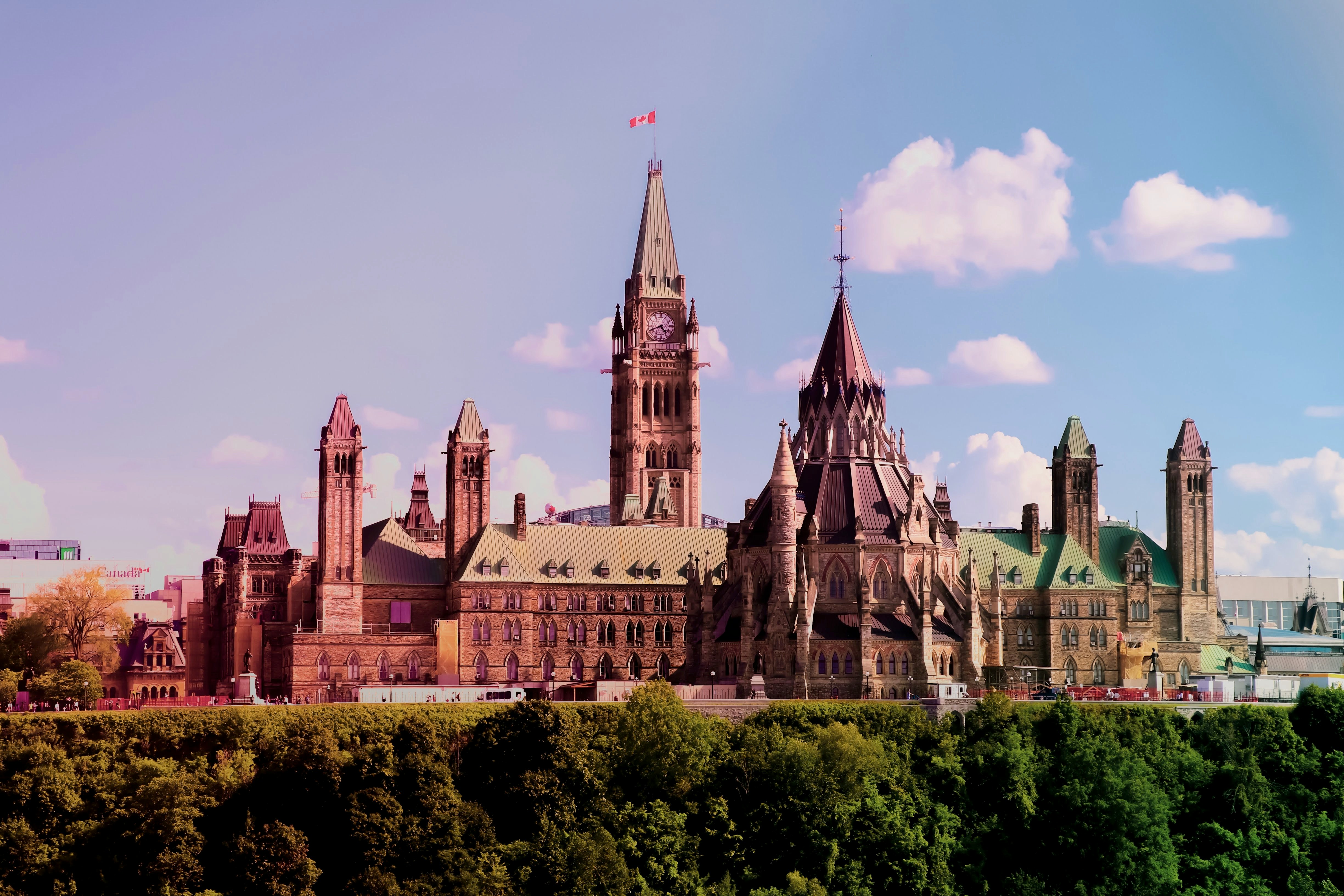India and Bangladesh have been singled out as “country specific challenges” by the Canadian government in Bill C-12, which seeks mass visa cancellation powers for circumstances such as pandemics, wars and “country-specific visa holders.”
The move comes as the federal government nearly halves immigration targets, now aiming to take in 380,000 permanent residents next year, down from 395,000 this year. Cuts also round down international student intake from 305,900 this year to 155,000 for next year.
The international student visa crackdown originated in 2023, when the federal governments immigration department uncovered nearly 1,550 fraudulent letters of acceptances to Canadian universities included in Indian students’ visa applications.
This led the federal government to invest heavily in fraud detection software, which placed more scrutiny on international students’ applications. This year, the immigration department uncovered more than 14,000 potentially fraudulent letters of application.
Efforts to crackdown on fraud in this area have resulted in a 74 per cent rejection rate for Indian international student applications in the month of August. This compares to 24 per cent of Chinese student applications and an average of 40 per cent total applications rejected that same month.
In the same timeframe, the federal government has moved to curb the number of temporary immigrants it accepts, as outlined in the 2025 budget proposal by the Liberal government.
Mainly a response to shifting economic concerns, the federal government has more than halved the number of expected temporary residents, with a large chunk of the cuts coming from the international student category.
Further cited reasons in the budget include comments from the government that this unprecedented level of growth has placed a strain on housing, medical and educational resources in the country.
The federal government is seeking mass visa cancellation powers for hypothetical scenarios only, but has identified India and Bangladesh as “country-specific” challenges in a working group presentation between Canadian and American partners.
Bill C-12 — which contains mass visa cancellation powers — was created from Bill C-2 and is expected to pass rapidly through parliament, according to the government.
The bill is more focused on attaining the power to cancel visas en masse, with more than 300 civil society groups raising concerns over the legislation potentially allowing for “mass deportation camps.”
However, in a statement to CBC last month the Immigration, Refugees and Citizenship Canada (IRCC) stated that the new powers were proposed without a specific group of peoples in mind and would not be used unilaterally.

